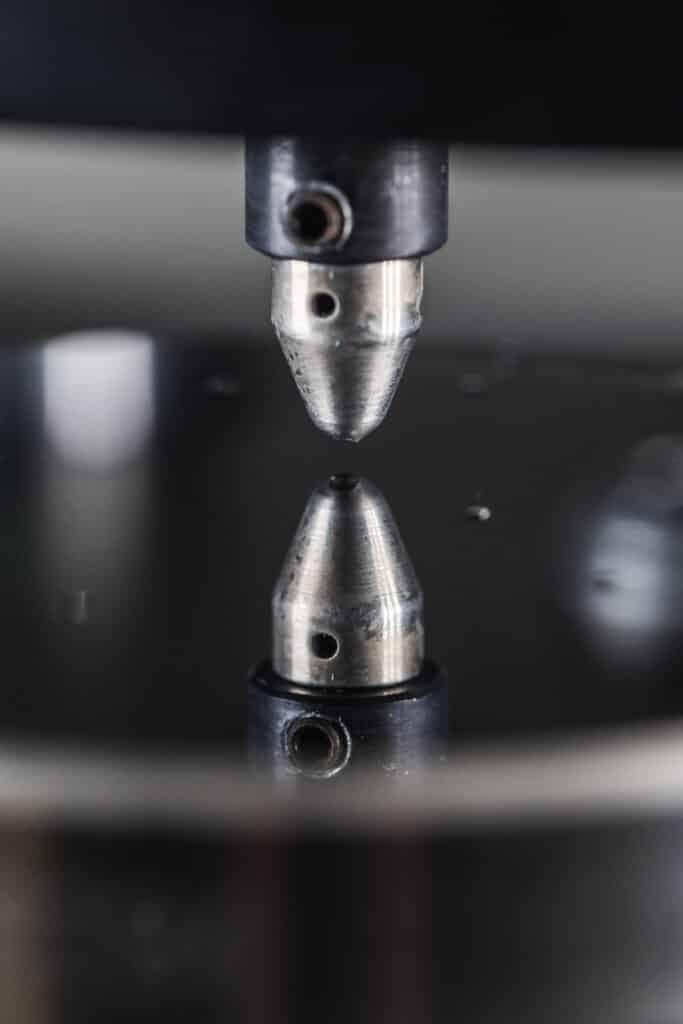
Engineering Hardness Testing
Engineering hardness testing plays a crucial role in evaluating the durability and strength of materials. By assessing a material’s resistance to deformation or indentation, industries can ensure product reliability, longevity, and safety.
Shop now